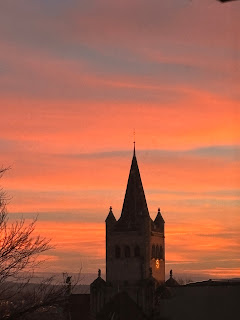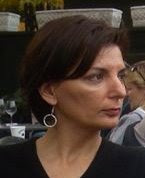This year, I will read all of Shakespeare. That's right — all of his works.
Knowing that I couldn't possibly be the first to happen upon this idea, I looked online and found a schedule at the Folger Shakespeare Library that was put together in 2020. I mentioned it to my friend Brenda, and she decided to join in. So off we went...
There are numerous sources of Shakespeare, and there are numerous sources of Shakespeare commentary. While all works are in the public domain and can be found on the internet, we chose to use The Complete Works of Shakespeare by Kittredge. To say it's a thick volume would be an understatement. It's a doorstop, complete with photos and commentary. In addition and thanks to Brenda, we are reading WH Auden's Lectures on Shakespeare, and we're dipping into Asimov's Guide to Shakespeare. Emma Smith also shares a good perspective in This is Shakespeare, and Sparknotes publishes the No Fear Shakespeare series with modern text alongside the original. The Folger also has an excellent series of books for Shakespeare's works with commentary and translations into modern text. There are more sources, and I'll share them as I go along.
We began with Twelfth Night, situated at the beginning of the schedule to coincide with the date. In Shakespeare's time, the 12th night was the night before the 12th Day of Christmas, which is January 5th, the eve of the Epiphany (when the wise men visited Jesus).
It's a comedic play, full of hijinks and a bit of chaos. I thought the funniest lines belonged to the fool.
What I've discovered so far about Shakespeare is that he is not as scary as he was when I was thirteen. The language is more accessible than I recalled, and I can follow more than I anticipated. The Bard's work is replete with references to history, mythology, the Bible, and other legends. Finding a source, like those named above, is helpful in understanding the layers of meaning.
Of course I jotted down notes and quotes. Here are a few of my favorites from Twelfth Night:
If you be not mad, be gone. If you have reason, be brief.
If I do not gull him into a nay word and make him a common recreation (modern: and a wise person doesn't make fun of people, even if all he does is criticize them)
Let thy tongue tang arguments (tang is such a great word)
Since before Noah was a sailor (never thought of Noah as a sailor)
A fiend like thee might bear my soul to hell (modern: a devil like you could lead me to hell)
Next up, Henry VI.











